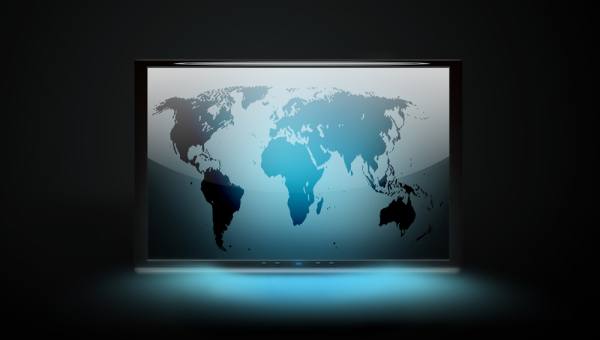Digital means new markets, opportunities
Digital means new markets, opportunities

Development of Internet of Things (IoT) and increasing cloud investment will form the basis of new business models to effectively address connectivity requirements in Africa.
Speaking at AfricaCom 2016 in Cape Town this week, Ian Mash, VP of Business and Network Consulting at Huawei Consulting, said by 2025 85% of applications will be run on the cloud and 3% of turnover of the average business will be directed at ICT – 8% of this amount will be invested in the cloud.
By 2020 there is expected to be 450 million IoT connections in Africa and this technology continues to deliver value say business leaders. They point to the advent of narrowband IoT and increasing general adoption of this technology as drivers behind exploitation of new e-markets, including etourism and ehealth.
As global operators continue to open up their API and partner with other service providers, African businesses have an opportunity to explore these adjacent markets – with the potential revenue of etourism pitched at approximately US$97.4m per year.
Mash added that more carriers are adopting IoT and looking to partner with other service providers to round off their offerings.
Key themes, including affordable broadband (specifically to rural areas of the continent), the evolution from electrification to datafication, and the role played by all stakeholders, a panel of experts and government representatives agreed that more co-operation is required going forward if credible, sustainable solutions are to be sourced and applied.
Touching on the impact of LTE rollout in Africa, Elizabeth Migwalla, Senior Director and Head of Government Affairs – Africa, Qualcomm, made the point that there is spectrum available in Africa and this is what is required for LTE rollout.
"More than 20 countries in Africa have some kind of LTE footprint, but most of these are rolled out on refarmed spectrum. Yet, the prime spectrum is available... but the missing link is converting the 'maybe to use' to 'should be used' ... that will make the difference to LTE rollout," said Migwalla.
JS Deepak, Secretary, Department of Telecommunications, Government of India, reiterated India's position in terms of the need for connectivity and said that government's role should be focused around spectrum management and reforms, and making right of way simple.
"Governments need to harmonise on spectrum management," he added.
